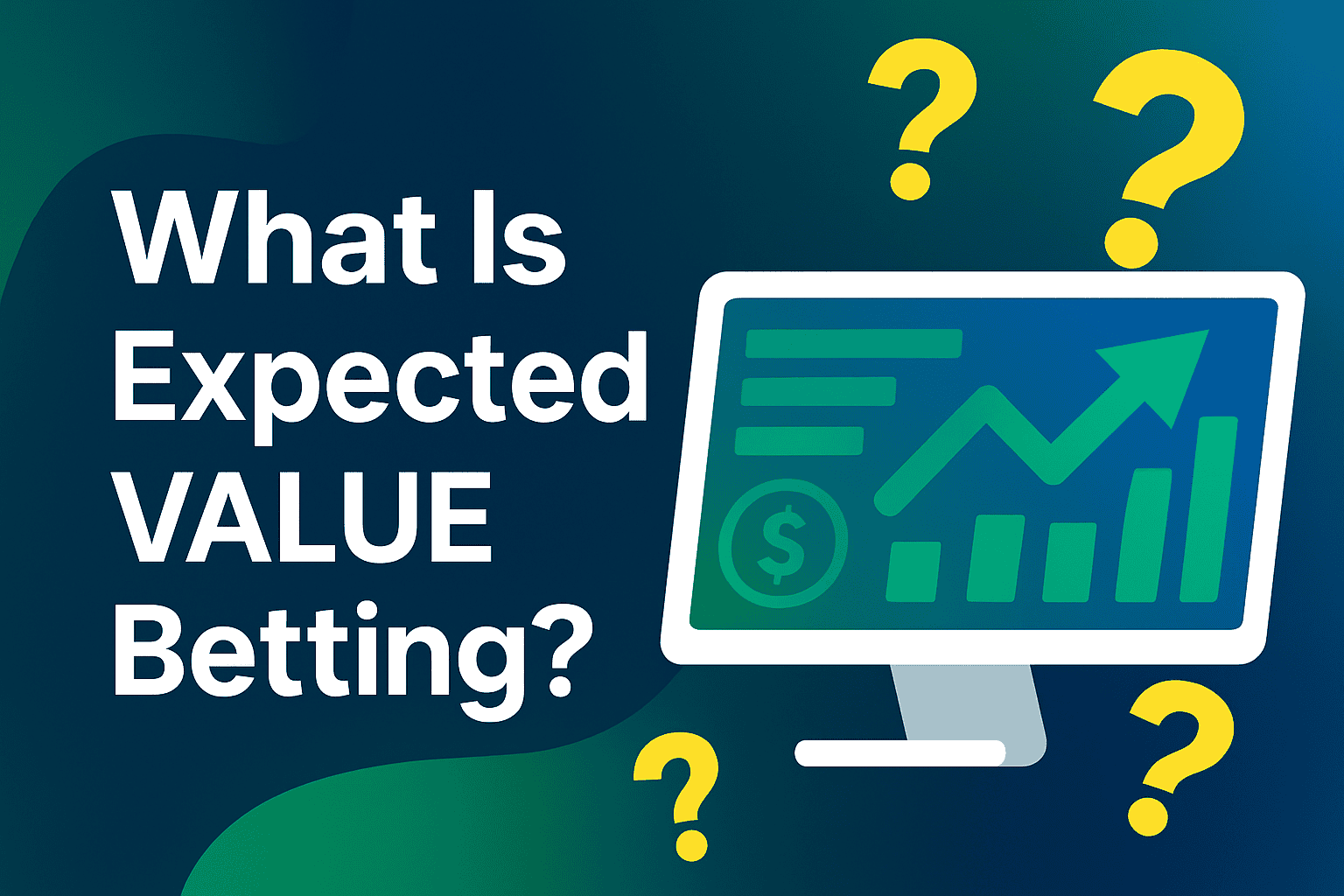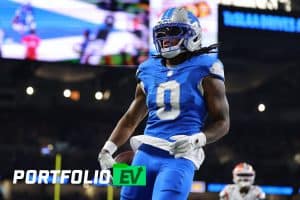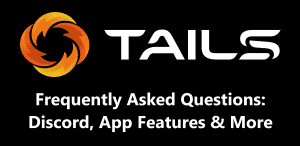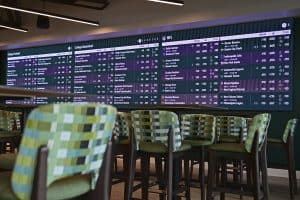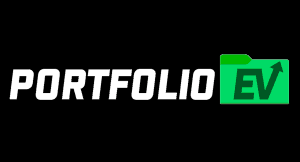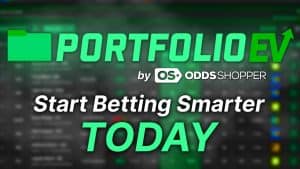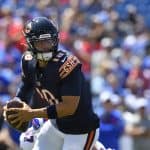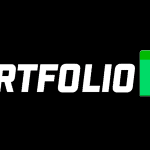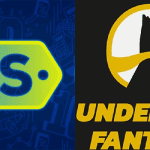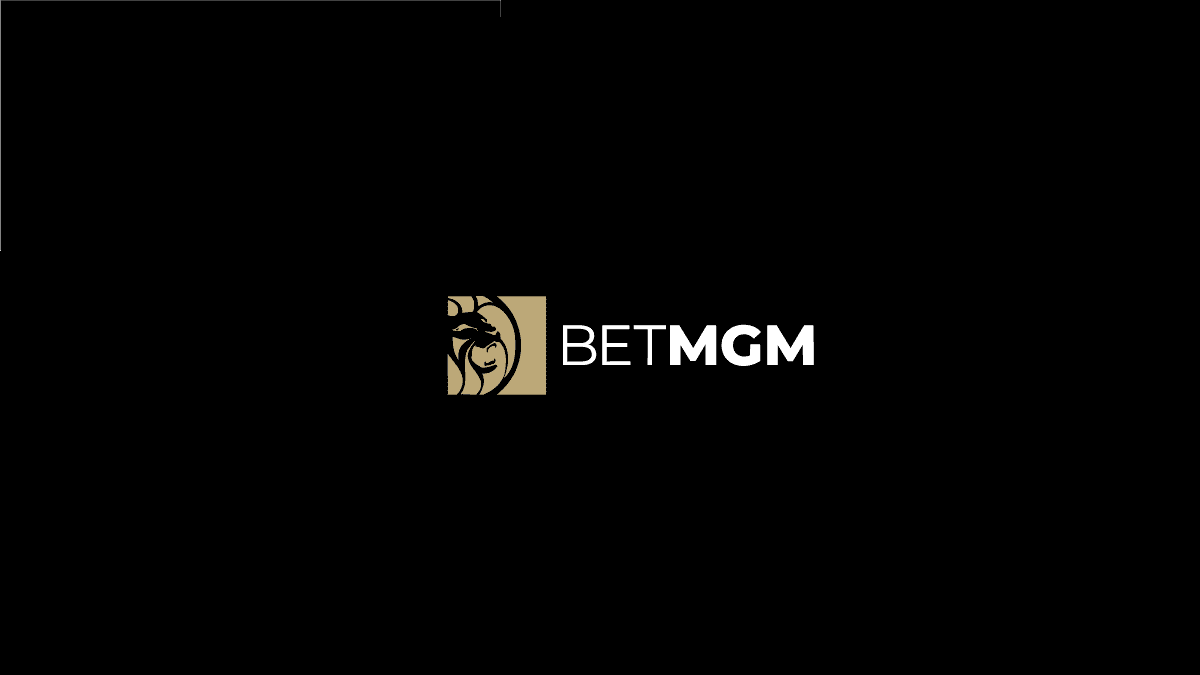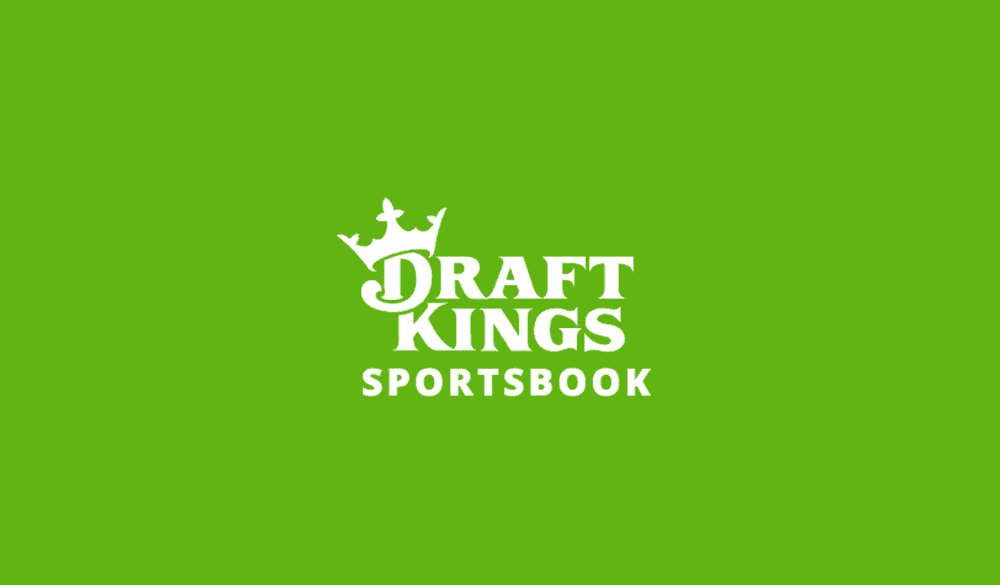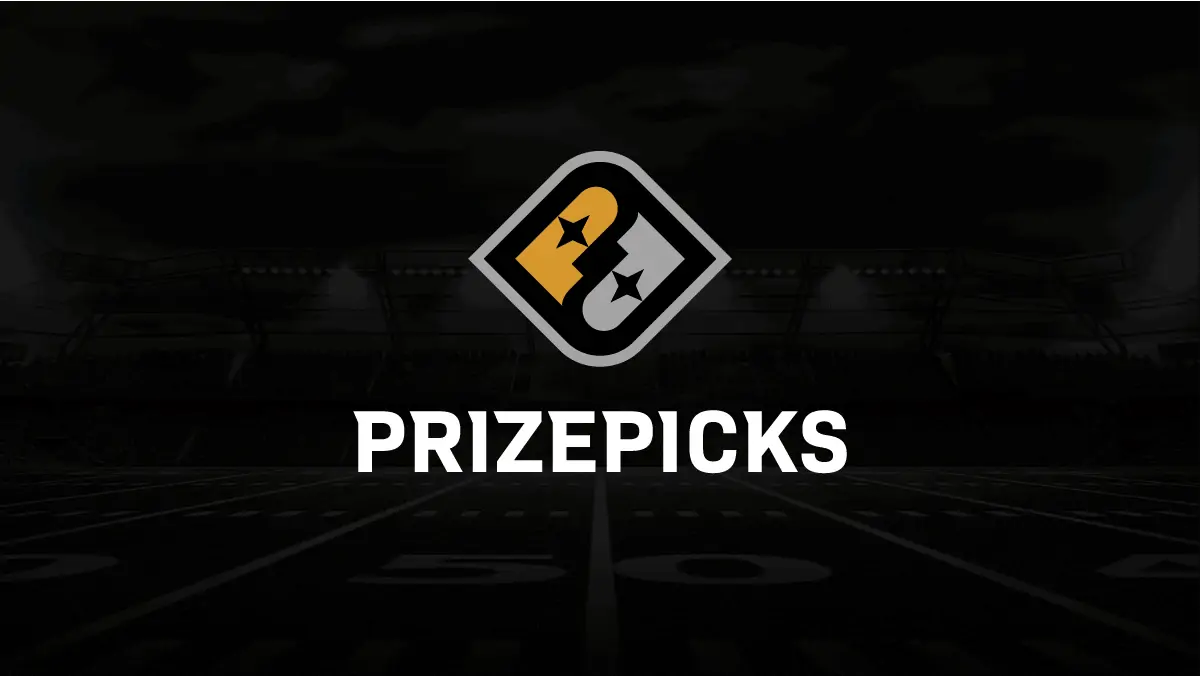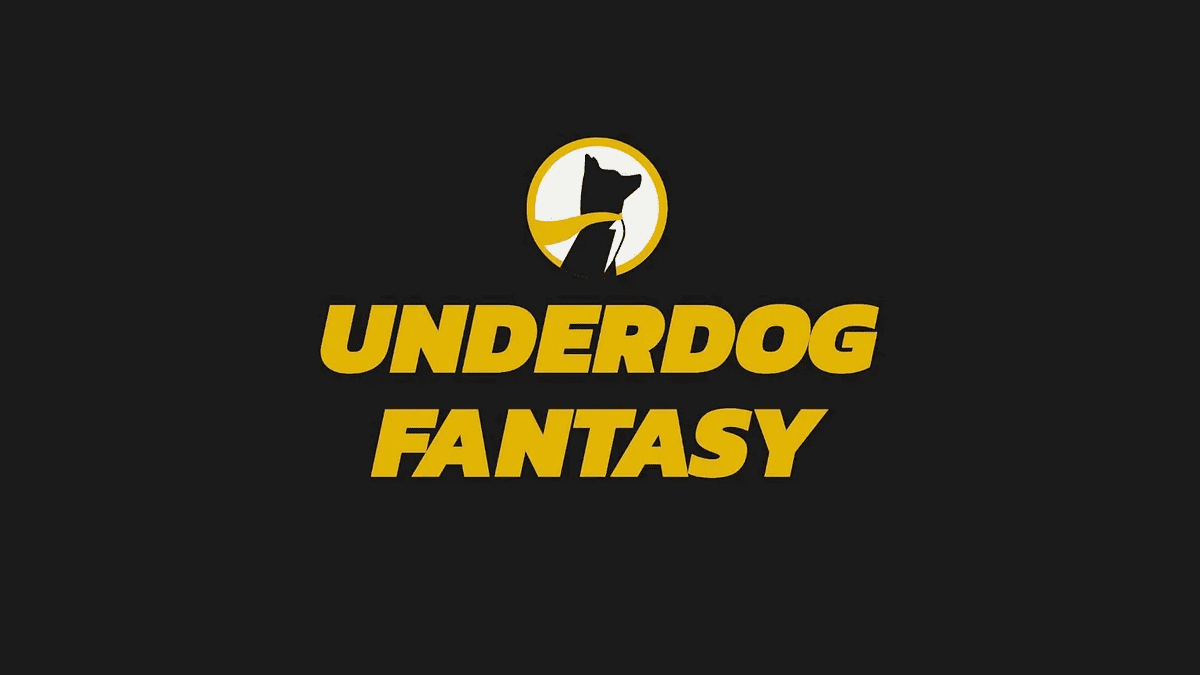Sports betting isn’t just about picking winners. It’s about finding value — opportunities where the odds are in your favor, even if the bet doesn’t always win. That’s where positive expected value betting, or +EV betting, comes in. If you want to move from being a casual bettor to a sharp one, understanding EV is critical. And to do that, you need to speak the language. Here’s a breakdown of the most important terms you need to know as you learn what is +EV betting.
What Is Expected Value? Important Terms to Know for +EV Betting

Portfolio EV helps you grow your bankroll and maximize long-term profits with ease. Start unlocking more +EV bets with a FREE TRIAL — visit our Portfolio Betting page to get started!
What Is EV (Expected Value) Betting?
Expected value is the average amount you can expect to win or lose on a bet if you placed it over and over again. It helps you determine whether a bet is profitable in the long run.
Formula: EV = (Win Probability × Win Amount) – (Loss Probability × Loss Amount)
A +EV bet is one where the math is in your favor. A -EV bet might win sometimes, but it will lose money over time.
What Are True Odds?
True odds represent the actual probability of an event happening, usually based on sharp market consensus or advanced modeling.
Sportsbooks don’t offer true odds. They add their own edge (called the vig), so identifying true odds is how you spot value.
What Is Implied Probability?
Every set of sportsbook odds reflects an implied probability. This tells you the chance the book thinks an outcome has of occurring.
Formula: Implied Probability = 1 / Decimal Odds
By comparing implied probability to your estimated true probability, you can identify +EV bets.
What Is Closing Line Value (CLV)?
The closing line is the final market price just before a game starts. If you’re consistently betting at better odds than the closing line, that’s a strong signal you’re beating the market — often a better predictor of long-term success than short-term wins or losses.
What Is Vig (or Juice)?
The vig is how sportsbooks make money. It’s a small cut built into the odds to give the house an edge.
For example, if both sides of a coin flip are priced at -110, you’re not getting even odds. The vig ensures the sportsbook profits no matter the outcome.

What Is Line Movement?
Odds move for a reason: Injuries, sharp action, weather or breaking news. Line movement is the market adjusting to new information.
Getting in before a major move can mean locking in better odds and gaining value before the rest of the market catches up.
What Is Market-Based Betting?
This is the foundation of most serious EV bettors. By comparing lines across sportsbooks, you can often reverse-engineer the “sharpest” line — the one closest to true odds — and use it to find mispriced bets elsewhere.
Portfolio EV automates this process, surfacing +EV bets based on real-time market inefficiencies.
What Is Arbitrage?
Arbitrage betting is a risk-free way to profit by betting all sides of a game at different sportsbooks when their odds are out of sync. While rare in modern markets, it’s a core concept that reinforces how pricing inefficiencies create opportunities.
What Is Hold Percentage?
This is how much profit a sportsbook expects to make on a market. If the implied probabilities of all outcomes in a market add up to more than 100%, that excess is the hold. The higher the hold, the harder it is to find value.
What Is Variance?
Variance is the natural streakiness of results in betting. Even if you’re making +EV bets, you’ll still experience losses and swings.
Managing expectations and betting volume is key to surviving variance and letting your edge shine through over time.
What Is Bankroll Management?
No matter how sharp you are, you’ll lose bets. Bankroll management protects you from going broke. Smart bettors use consistent bet sizes — often flat betting or Kelly Criterion — to survive cold streaks.
What Is ROI (Return on Investment)?
ROI = Profit ÷ Total Amount Wagered.
It’s a measure of how efficiently your money is working. In sports betting, even a small positive ROI over a large volume of bets can be very profitable.
What Is HROI (Historical ROI)?
Historical ROI measures past performance on similar bets. While not a guarantee of future results, it’s often used as a guide to evaluate how effective a particular bet type, strategy or model has been.
Final Thoughts
Understanding these terms won’t just make you a smarter bettor — it’ll change how you approach the entire process. EV betting isn’t about being right all the time. It’s about being right enough, with an edge, over and over again.
And when you understand the math behind the bets, you’re not gambling. You’re investing.
Want to find +EV bets in real time? Start exploring Portfolio EV, which surfaces market inefficiencies and helps you build your edge one bet at a time.
